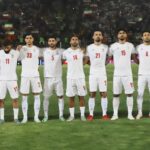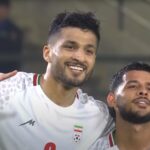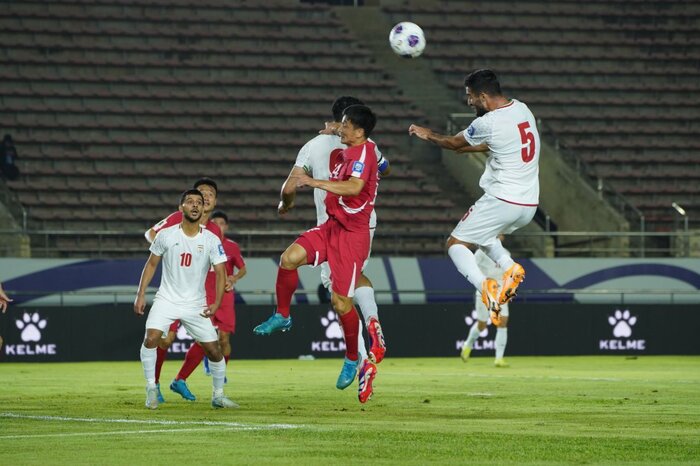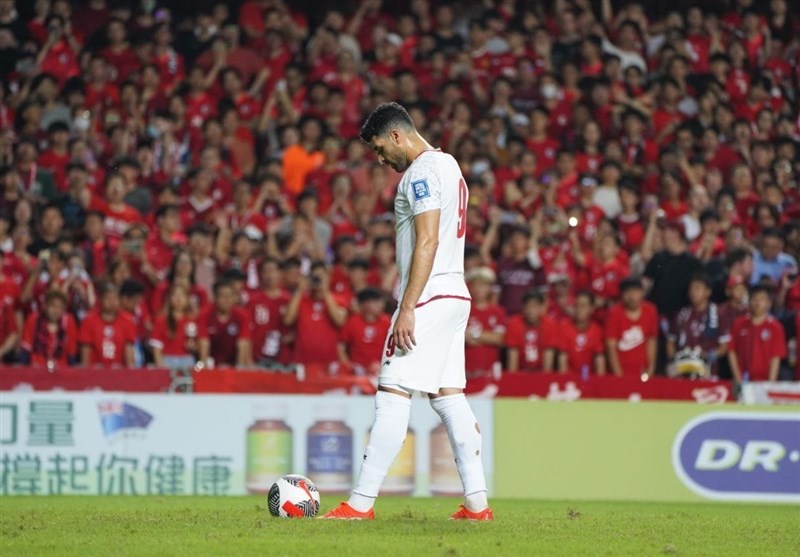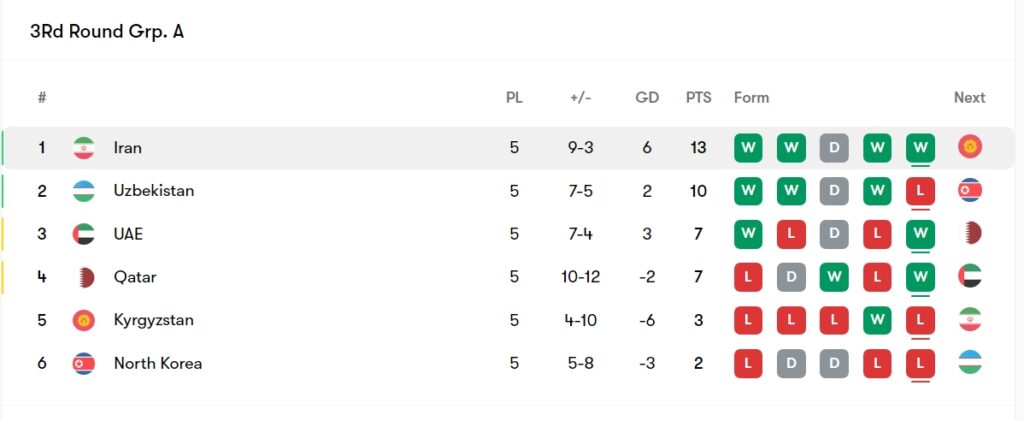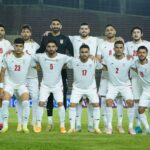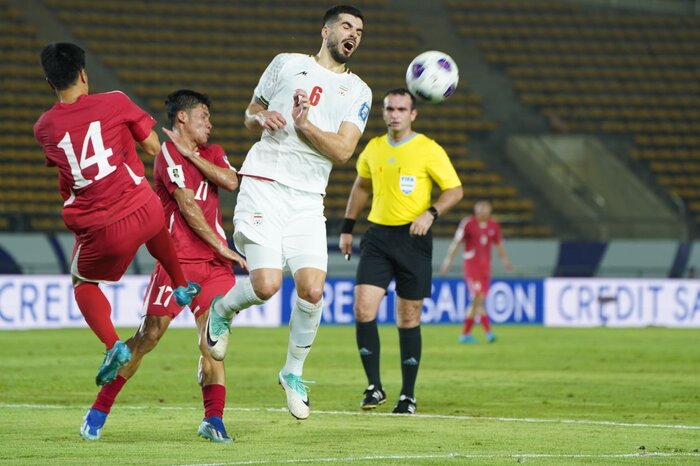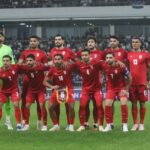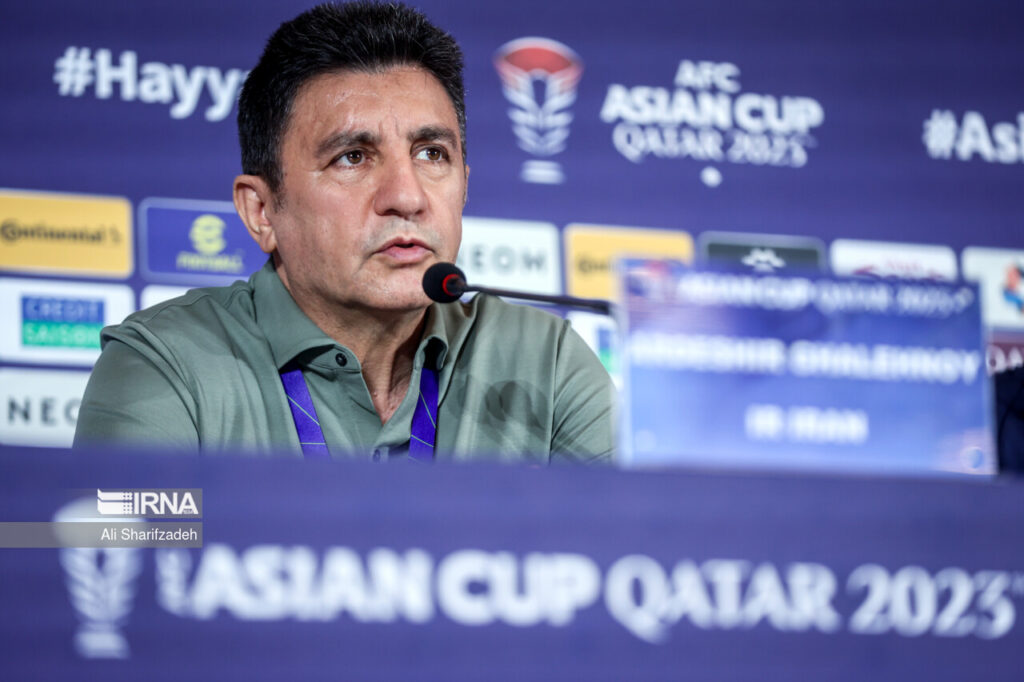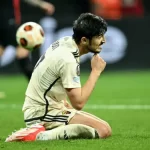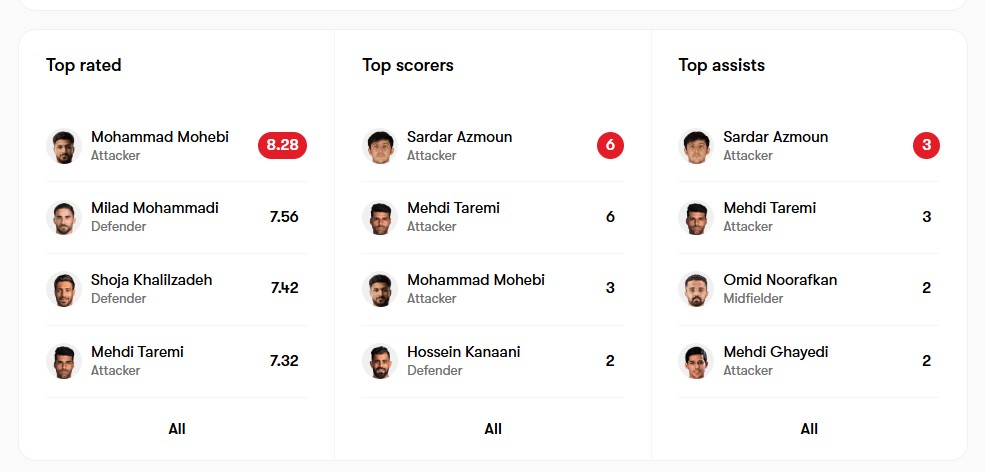Following the latest Persian Gulf League matches, Team Melli selectors have added seven more players to the current 21-man squad in camp.
According to the coaching staff, the newly invited players are as follows:
- Goalkeepers: Alireza Beiranvand (Tractor), Seyed Hossein Hosseini (Esteghlal)
- Defenders: Shoja Khalilzadeh (Tractor), Saleh Hardani (Esteghlal), Roozbeh Cheshmi (Esteghlal)
- Midfielders: Amir Mohammad Razaghnia (Gol Gohar Sirjan)
- Forwards: Amir Hossein Hosseinzadeh (Tractor)
The newly selected players will join the rest of the squad on Monday as preparations begin for the upcoming double-header against the UAE and Uzbekistan.
Perhaps the most notable inclusion among the new call-ups is 18-year-old Amir Mohammad Razaghnia. The talented midfielder has already made a name for himself at the youth level, having won the MVP award in a tournament held in Belarus. His selection signals a potential shift in head coach Amir Ghalenoei’s approach, showing a greater willingness to incorporate young talent into the national team setup.
However, the continued presence of Shoja Khalilzadeh in the squad suggests that Ghalenoei is not yet ready to part ways with his experienced core. While his selection brings valuable leadership and experience, it also highlights the ongoing balance between youth development and reliance on seasoned veterans within Team Melli.



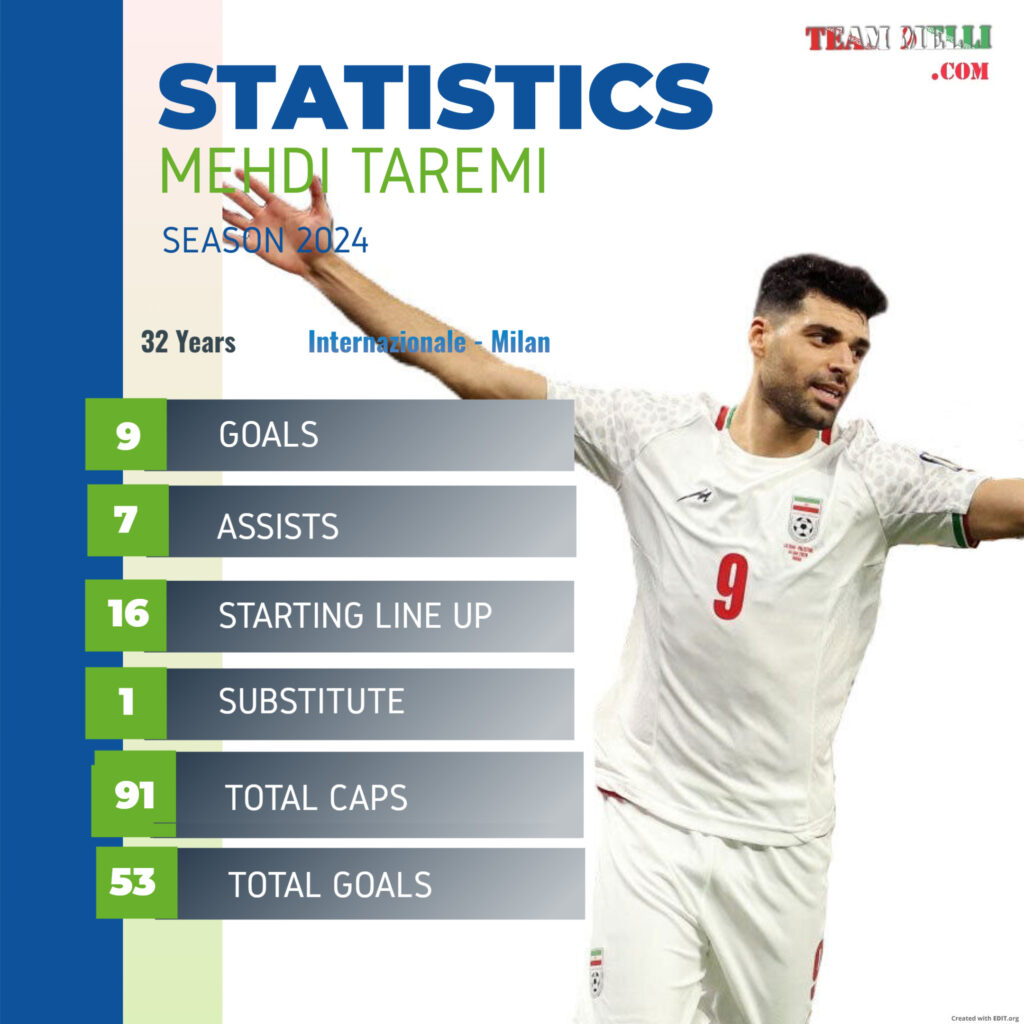
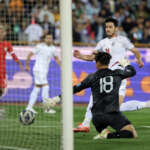
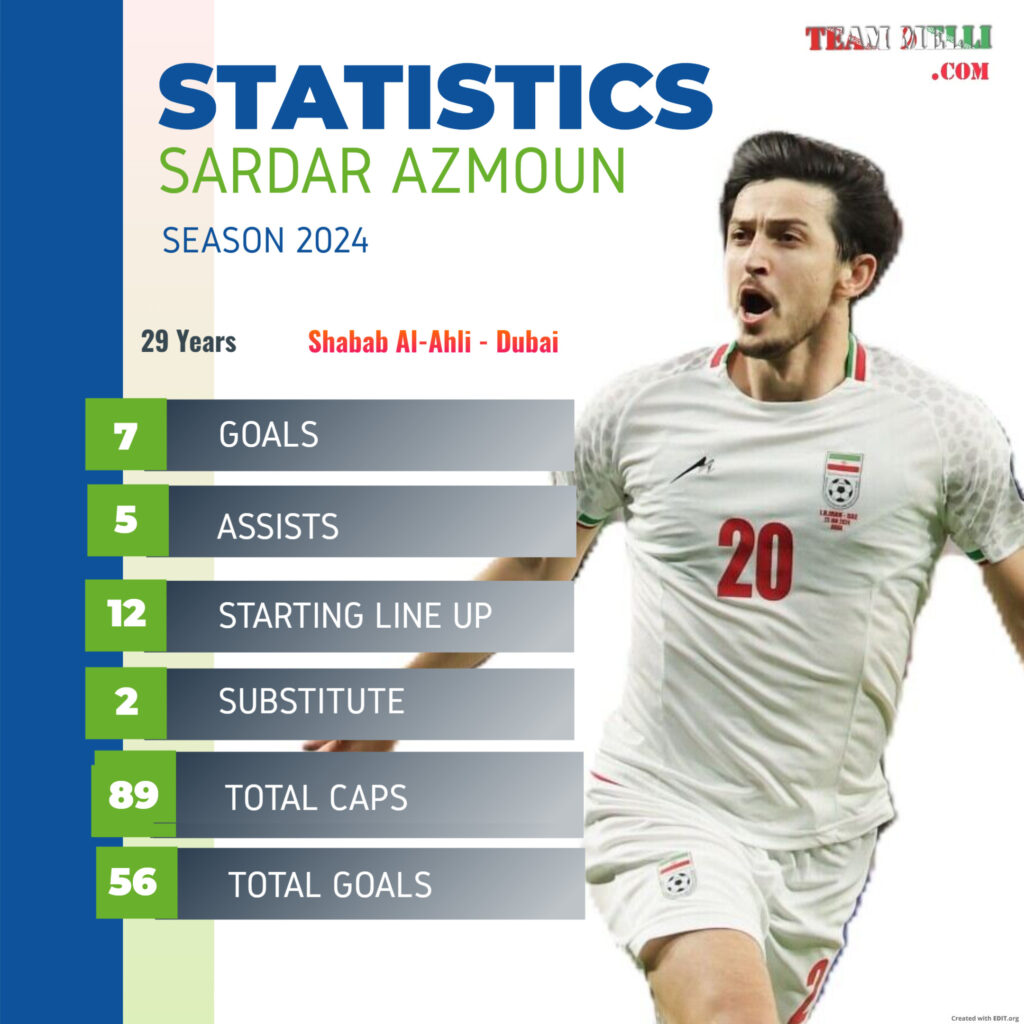

.jpg?d=1100x0)
.jpg?d=1100x0)
.jpg?d=1100x0)

